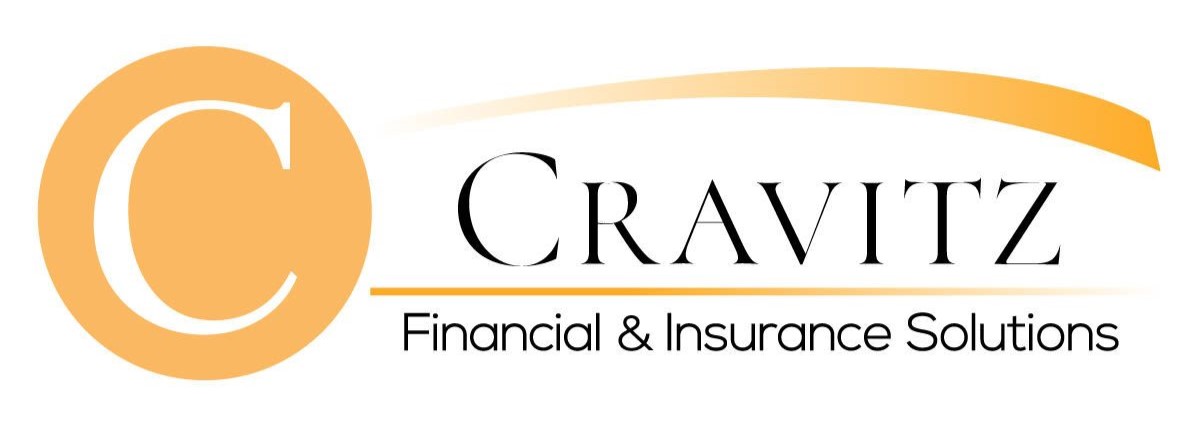Is your financial advisor truly planning for your future, or just coasting?
In this video, Ryan and Erin lay out the five signs that your advisor is delivering genuine financial planning, not just quick fixes.
A truly committed advisor will:
- Help you define your goals and objectives
- Gather details on ALIE (Assets, Liabilities, Income, and Expenses)
- Help optimize your Social Security Benefits
- Incorporate proactive Tax Planning
- Address Estate Planning Questions

News You Can Use
Get actionable financial advice delivered to your inbox a few times a month.
Full Transcript:
Erin (00:05):
Ryan, good to see you. Today we are talking through five signs your advisor is doing real financial planning. A lot of financial planners claim to offer comprehensive planning, but there are a few obvious signs to determine if your advisor is really working for you. First is your advisor helping you define your goals and objectives?
Ryan (00:26):
Yeah, and this is so important because retirement is not just a number. You might remember these old ING commercials. You see this big number on the screen. Oh, I have that and that means I get to retire. Right? It's so much beyond that. It's defining what do you want your retirement to look like? What are you going to be doing on a day-to-day basis. That's really the starting point to address those types of things because once you do that, then you can figure out, okay, how much do I need? And then how do I create an income plan around the different assets and income sources that I have available to me?
Erin (01:02):
Right. That makes perfect sense. Alright. Number two, a real financial planner will gather details on your assets, liabilities, income and expenses.
Ryan (01:13):
Yeah, for sure. If you ever get in a situation where somebody says, Hey, I've got this great investment, or this or that, and you're 15 minutes into actually talking together, that is a concern that this is not going to be a real financial planning type experience. A financial planning experience is a process, and it takes some time because you're going to need to address those things, the income, the assets, everything. You need to understand what the big picture is so that then you can understand, okay, we have the different pieces of the puzzle. How are we going to put this together in order to make a successful income plan and to have a successful retirement?
Erin (01:54):
Right? So much more than investments. Number three, a good financial planner will help you determine how to optimize Social Security. This is such an important decision.
Ryan (02:03):
It's so important and it unfortunately, too often I will hear somebody say something like, well, my financial planner doesn't help with Social Security, and I can understand that if they're an advisor that focuses with the accumulation phase or with younger folks with college education planning or maybe working a company setting up 401(k)'s. But it's such a key benefit if you're focused in on working to create a retirement plan for yourself to provide the income that you need for the rest of your life. People are often surprised to find out that depending if you're single, married, what your earnings history looks like, you could very well receive anywhere from a million up to $2 million over the course of your lifetime from Social Security, and then it's taxed differently, and so you need to understand how to incorporate that with other income so you're paying the least in taxes that you have to pay on that very important benefit.
Erin (03:02):
I'm glad you brought up taxes because that of course is next one. One sure sign your planner means business, that planner is going to incorporate proactive tax planning.
Ryan (03:12):
Yeah. So what steps are you taking now in order to help reduce the amount of taxes that you have to pay in the future? So that's what we mean by proactive tax planning. Are we looking at possibly doing Roth IRA conversions? This is something that you should be looking at at least once a year to see if it might make sense. Just as an example, are you creating an income distribution strategy that is thoughtfully thinking about where all your different assets are? How are they going to be taxed? How much are you going to withdraw from which account and when? For a lot of folks that transition into retirement, they find this to be such an eye opener because for many people when you're working, your sole source of income is coming from your paycheck and it makes it a lot simpler. Perhaps your W2, unless you're self-employed, is different, but you're getting your income and it is what it is. In retirement, you have maybe an IRA and a 401(k), which is going to be taxed one way. Maybe you have a Roth or a Roth 401(k), maybe you have dividends in capital gains, or you could have all these different things. And Social Security is also the way if that's going to be subject to tax, that's a whole different calculation. So it's important to understand how these things work.
Erin (04:25):
Right, and you can see how all the puzzle pieces fit together. Also, estate planning and financial planning, they of course go hand in hand. A good advisor will address any estate planning questions.
Ryan (04:36):
Yeah, this can't be overlooked either. This is so important to make sure that possible future messes, for lack of a better word, are taken care of, and it starts with just making sure that the necessary documents are in place. And you could see 'em right here. I mean, there's several different important documents that you have to have in line, and they need to be updated on a regular basis to make sure that it's in line with what your wishes are. I've also seen far too many situations where you have an ex-spouse now listed on an old IRA account or a life insurance policy. It was never updated. And even beyond that, it's other things. What if you need extended healthcare? How are you going to make those decisions? Right? That's the advanced healthcare powers, but it's all of that. One of the other big mistakes too, I see with married folks is oftentimes they're planning, okay, let's say that we live well into our nineties. Are we going to be okay for retirement? And maybe based upon the income plan they are. But then oftentimes they don't look at what would happen if one spouse were to pass away real early in retirement. Now you lost a Social Security check. Now that surviving spouse has to file as a single person. Now, what's the strength of that retirement plan? So estate planning is all those things. You can't just look at one thing in a vacuum. All this needs to be looked at and incorporated together to have a successful retirement plan.
Erin (06:11):
Ryan, though, I think a lot of people will watch this video and realize that they are probably not getting the planning they were hoping for from their current advisor. So if somebody wants to talk through these topics with you, what's the best way to reach you?
Ryan (06:23):
Could call 714-462-9155 or could go to the website at Cravitzfinancial.com. Go to the contact page there and submit a message.
Erin (06:34):
Great, Ryan, thank you.
Ryan (06:36):
Thank you.
